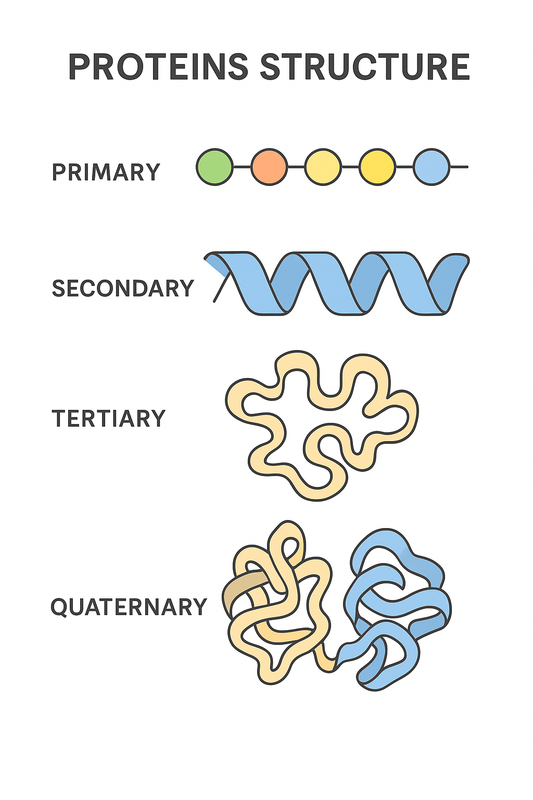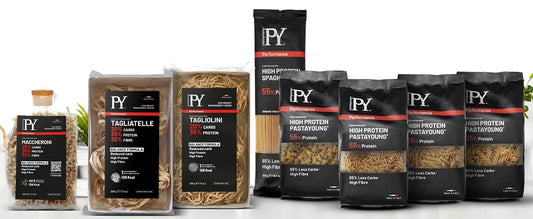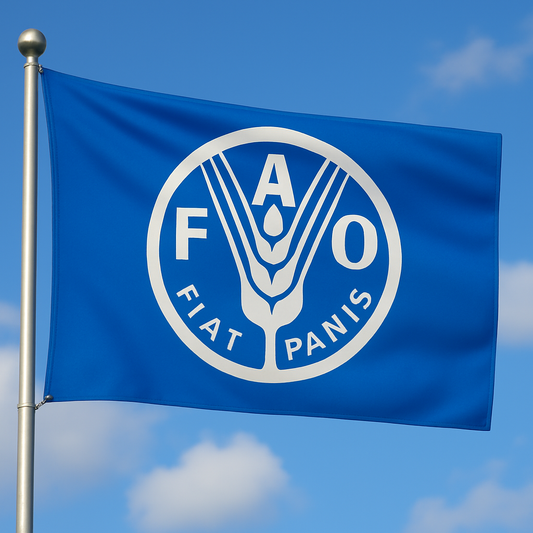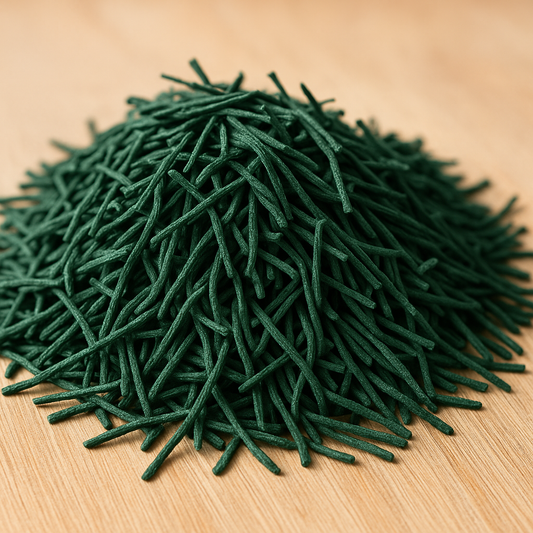
Antioxidants in edible insects
Share
Grasshoppers and silkworms have antioxidant capacity similar to fresh orange juice, a new study says.
For the first time, a study has measured antioxidant levels in commercially available edible insects.
Sure, most of them don’t have six legs – and scorpions, spiders, and centipedes aren’t even insects. But for open-minded health freaks, it’s good news: crickets pack 75% the antioxidant power of fresh orange juice, and silkworm fat twice than of olive oil.
For the first time, a study has measured antioxidant levels in commercially available edible insects.
Sure, most of them don’t have six legs – and scorpions, spiders, and centipedes aren’t even insects. But for open-minded health freaks, it’s good news: crickets pack 75% the antioxidant power of fresh orange juice, and silkworm fat twice than of olive oil.
“Edible insects are an excellent source of protein, polyunsaturated fatty acids, minerals, vitamins and fiber. But until now, nobody had compared them with classical functional foods such as olive oil or orange juice in terms of antioxidant activity” says senior study author Prof. Mauro Serafini, of the University of Teramo.
Clic here to read the study.
Clic here to read the study.




